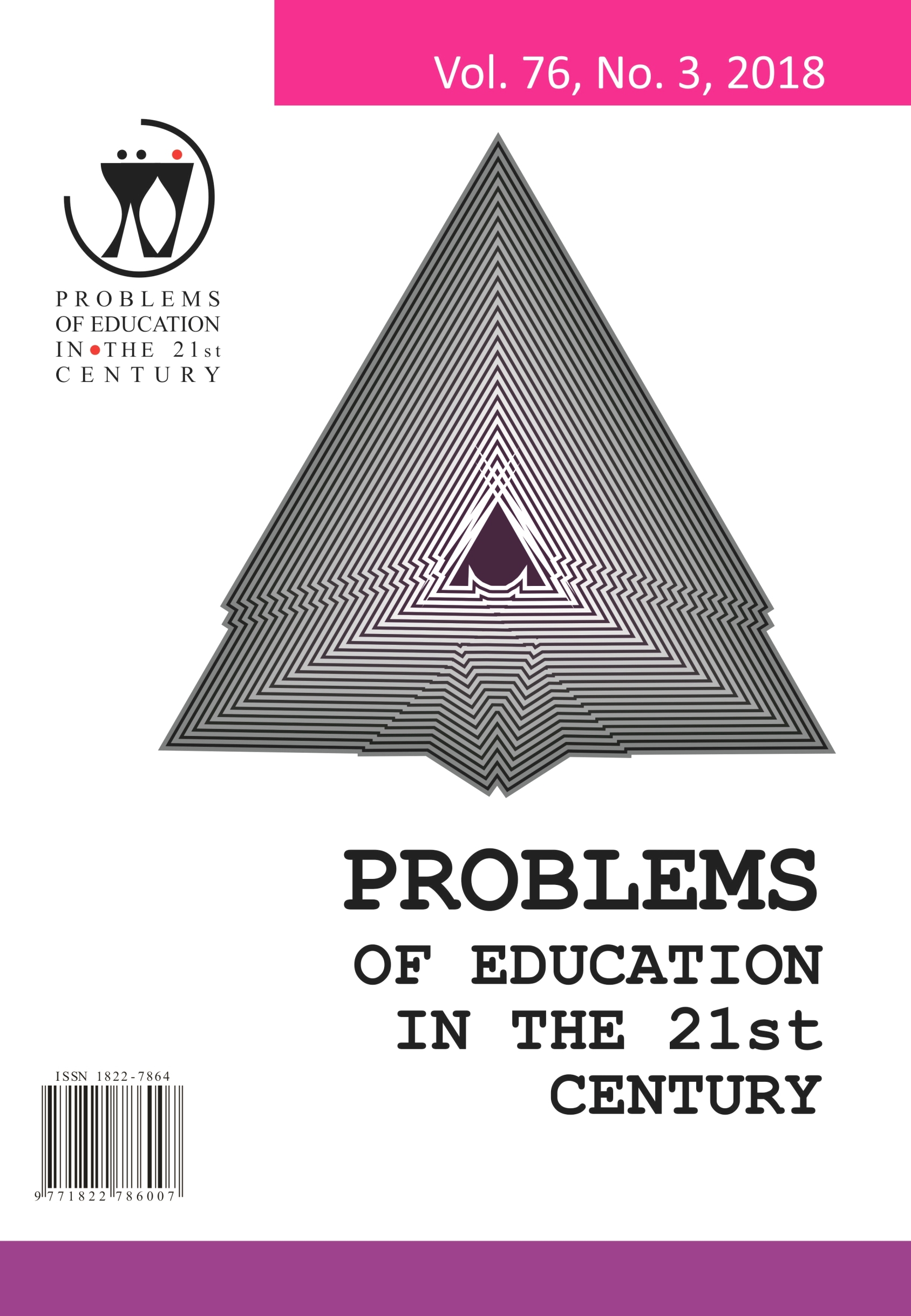EDUCATION REFORM AND TEACHER AGENCY
EDUCATION REFORM AND TEACHER AGENCY
Author(s): Ching-Ching Cheng, Kuo-Hung HuangSubject(s): Social Sciences, Education, Editorial
Published by: Scientia Socialis, UAB
Keywords: educational innovation; educational organizations; education reform;
Summary/Abstract: The rapid change of technology, society, and economy creates pressure for education reform on a national level. In respond to the demand for quality improvement, educational organizations are engaging in educational innovation including curriculum, teacher competency, and effective teaching. Nevertheless, this top-down approach for change is likely to fail and lead to an unintended consequence if teachers are antithetical to the reform policy. As institutional agents, teachers make instructional choices to shape implementation of reform and thus influence the educational change in institutionalized practices (Bridwell-Mitchell, 2015). Briggs, Russel, and Wanless (2018) point out that teacher buy-in is a critical factor in educational change. As “an alignment between teacher beliefs and the goals of a change or reform, as well as feelings of competence in implementation” (p. 126), teacher buy-in for reform plays a crucial role in times of change. Teachers’ receptivity to reform is closely related to how they perceive the policy-level change. In addition to meeting the external demands, teachers characterized as real change agents are willing to change from the internal drive to reflect and learn (van der Heijden, Geldens, Beijaard, & Popeijus, 2015).
Journal: Problems of Education in the 21st Century
- Issue Year: 76/2018
- Issue No: 3
- Page Range: 286-288
- Page Count: 3
- Language: English

